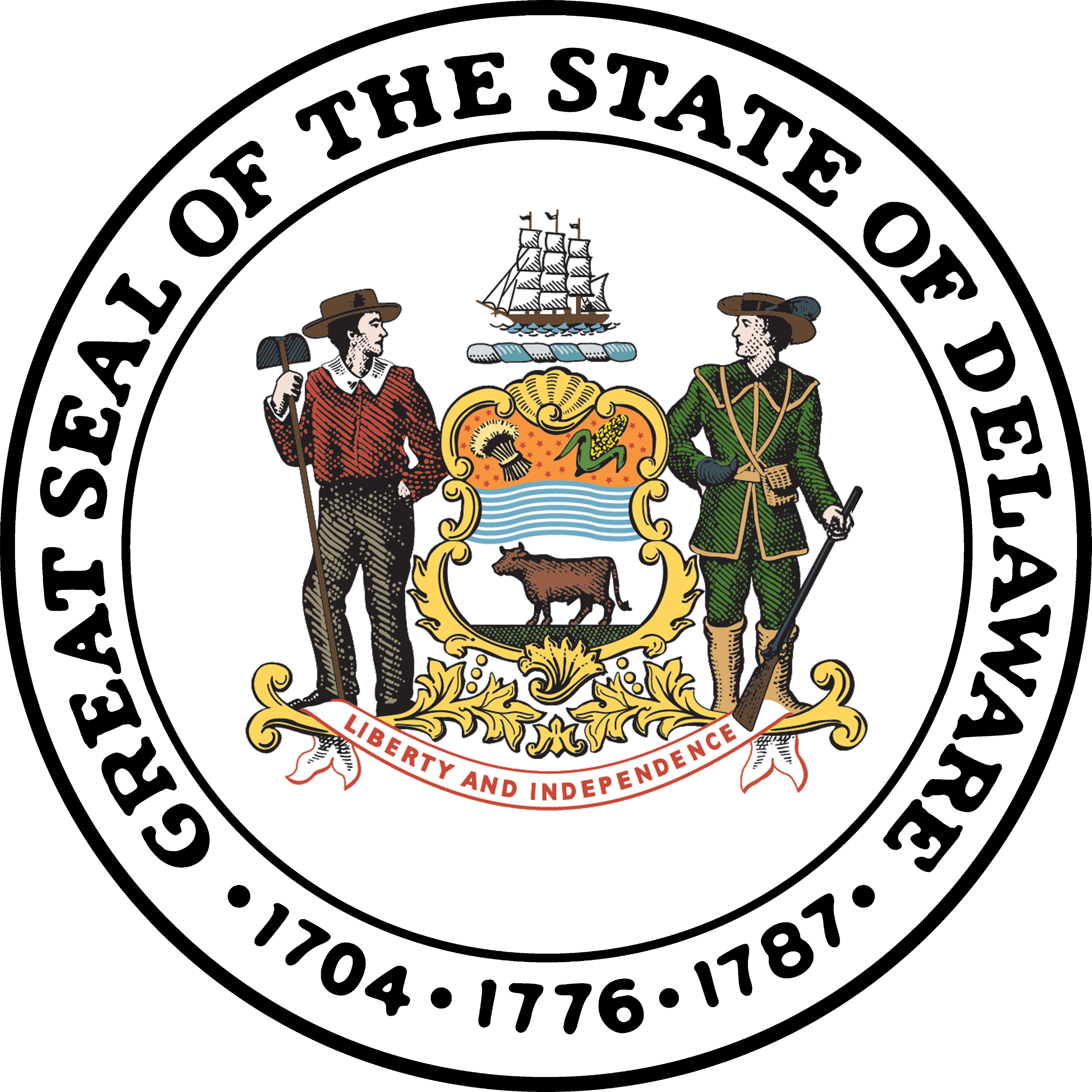Road to Recovery (R2R)
Baylor Women's Correctional Institution Wilmington, DE
Howard R. Young Correctional Institution Wilmington, DE
Sussex Correctional Institution Georgetown, DE
Hazel D. Plant Women's Treatment Facility Wilmington, DE
Community Corrections Treatment Center Smyrna, DE
The Delaware Department of Correction (DOC) initiated a comprehensive review of its two flagship Substance Use Disorder (SUD) drug and alcohol treatment programs more than one year ago. In 2020 the DOC began a redesign of these programs to incorporate the latest proven evidence-based treatment practices in collaboration with its medical and behavioral healthcare provider, Centurion Health. Planning and approval for the redesigned SUD programs, renamed Road to Recovery, was completed in September, 2020. Inmate and stakeholder education was completed, and Road to Recovery launched Department-wide on November 1, 2020.
Road to Recovery (R2R) retains the Therapeutic Community model, an industry best practice which has proven to be effective.
- Key features include:
- The need for treatment and placement in the program will be identified through DOC's classification process and will include a comprehensive assessment, drug screen, and multi-disciplinary clinical review.
- Each participant will be guided by an individualized treatment plan base upon his or her specific needs that are identified through the assessment process. R2R employs the Texas Christian University (TCU) Comprehensive Assessment tool, widely used in criminal justice and community treatment settings across the nation.
- Participants will be placed in one of three levels of care:
- Track 1 Level V: 30-35 structured treatment hours weekly for 9-12 months
- Track 1 Level IV: 25-30 structured treatment hours weekly for 6-9 months
- Track 2 Level V/IV: 9-15 structured treatment hours weekly for 4-6 months
Length of treatment in R2R may vary depending on the level of care required. The curriculum change will not increase time in treatment and treatment time may decrease depending on the recommended track. Participants' behavior and sanctions may increase length of treatment. New treatment curriculums were introduced, including interactive journaling. These journals help participants to work on treatment needs both in and outside of group sessions.
Additional 'electives' are offered to participants, including Trauma, Co-Occurring Disorders, and Healthy Relationships, in addition to continuing to offer the existing anger management elective. Progression through treatment is determined by achieving treatment benchmarks and demonstrating progress through ongoing assessments.
R2R is offered at Level V facilities HRYCI, SCI and BWCI and at the new statewide Level IV Community Corrections Treatment Center (CCTC) and Hazel D. Plant Treatment Center (HDP). Participants may be moved among these facilities to complete the recommended program.


